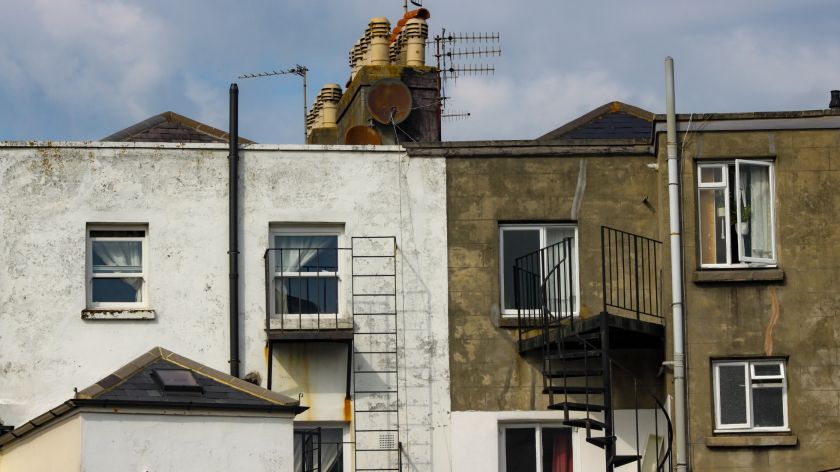An initial cross-party meeting, precursor to the APPG, took place on the 7th of December and highlighted the dire need of a focus on TA in political conversations. It was attended by a number of politicians, journalists, academics and people from across the sectors working to support people living in TA and bring about change.
There are currently 96,600 households living in temporary accommodation (TA), including 124,290 children. Many are living in damp, mouldy, overcrowded and unsafe environments that can lead to poor physical and mental health and, in the case of children, limitations on their development, yet there is a prevailing narrative that once someone is in TA, their homelessness is solved.
This narrative is a barrier to driving much-needed change; if there is no problem, then nothing needs to be done. But the reality is that too many children, families and single individuals are becoming trapped in TA as a long-term housing solution to homelessness. These longer stays in insecure, sometimes poor-quality accommodation can have serious long-term consequences including trauma, diminished future opportunities, mental and physical health conditions, and entrenchment in cycles of homelessness.
With this in mind, our hope is an All Party Parliamentary Group (APPG) focused entirely on households in temporary accommodation will explore the ‘quick wins’ (actions we can take now) as well as provide a forum for learning, inquiring and evidencing the impact of TA on a national level: to inform both systemic solutions and the ‘quick wins’. An initial cross-party meeting, precursor to the APPG, took place on the 7th of December and highlighted the dire need of a focus on TA in political conversations.







